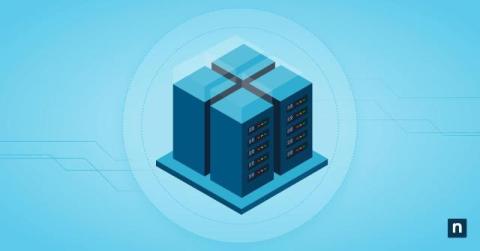Supply Chain Monitoring with MetricFire
Business monitoring is a necessary process, no matter what. It is crucial in supply chain management, too. Monitoring your supply chain can ensure fresh products, speedy deliveries, and sustainable production. This article will explore supply chain monitoring, critical metrics for various supply chain use cases, and how to monitor your supply chain with MetricFire.











